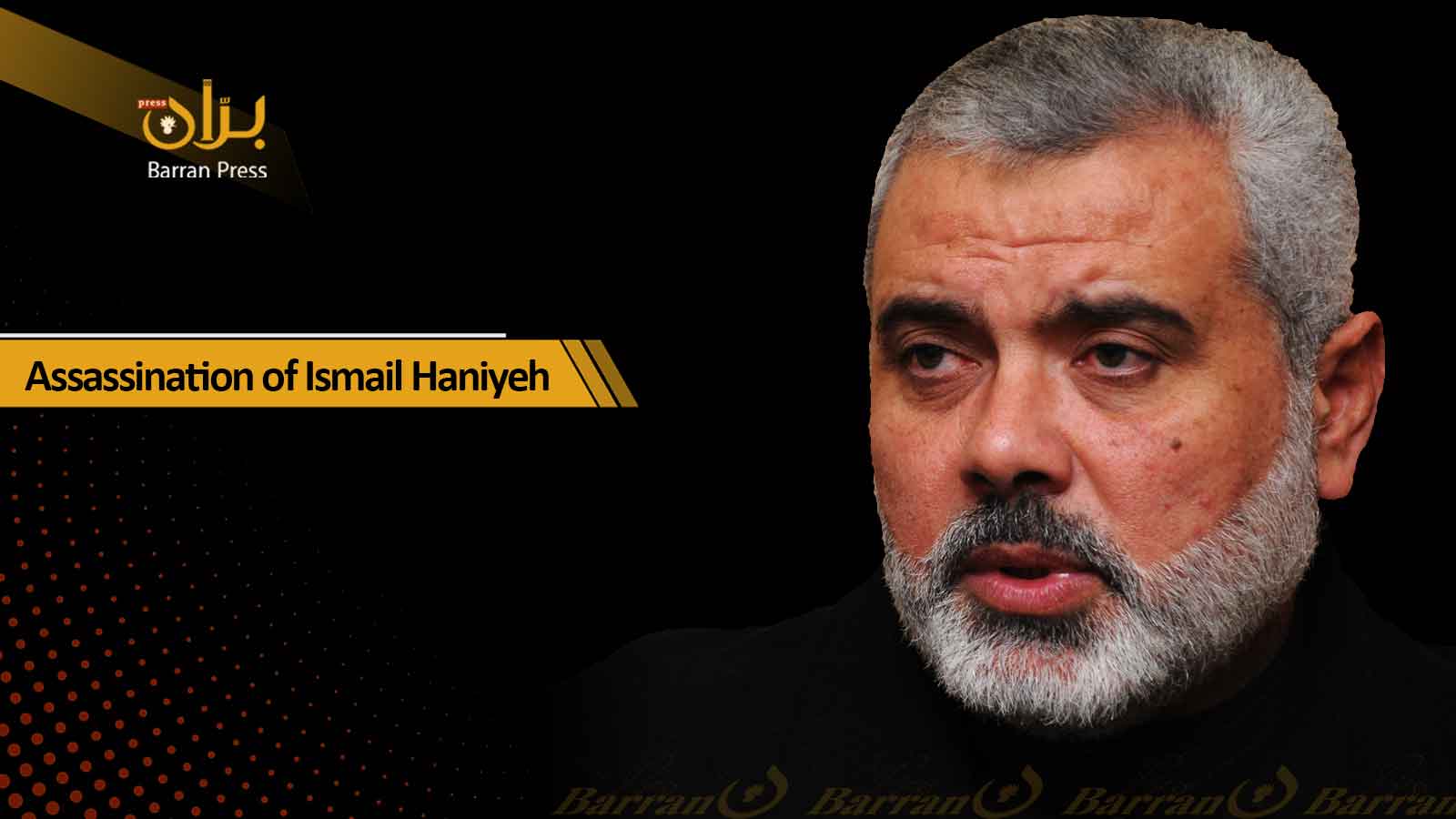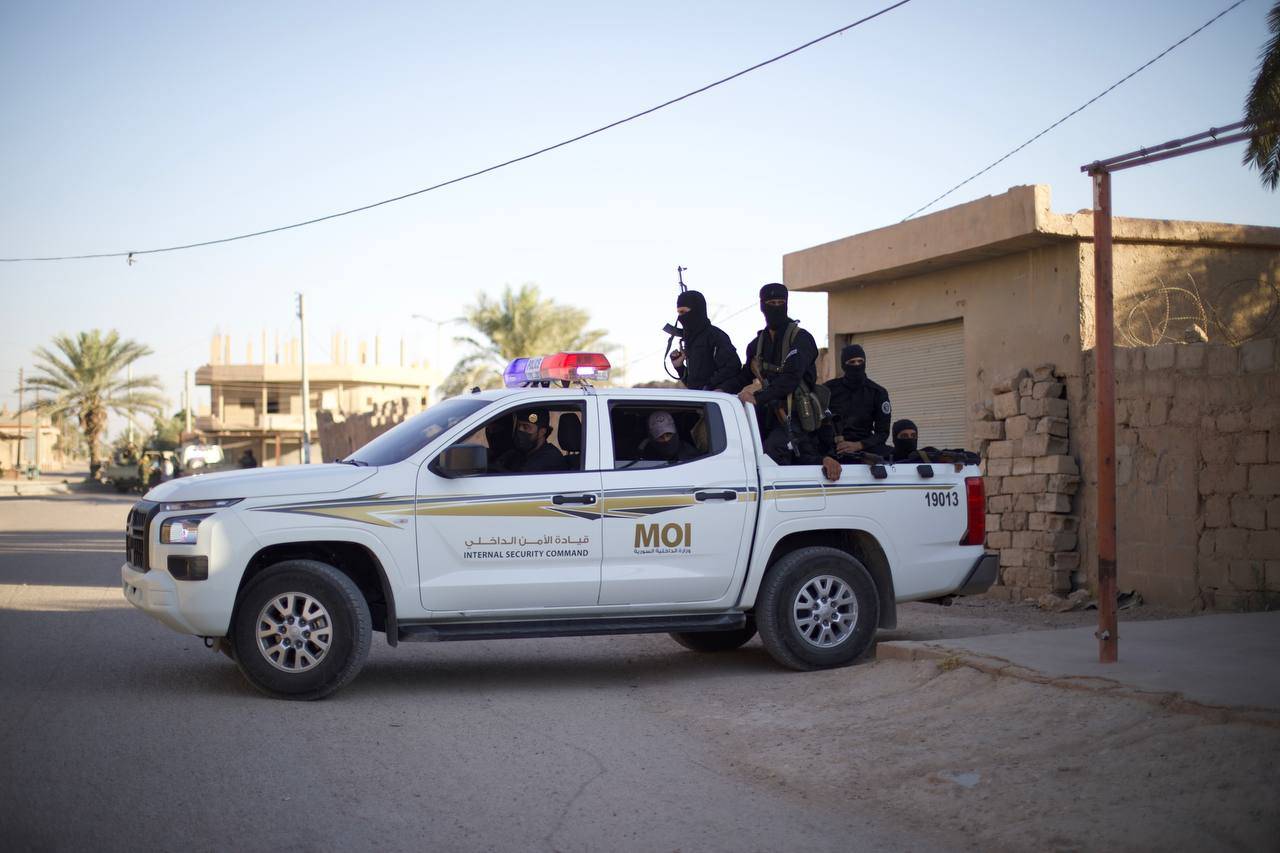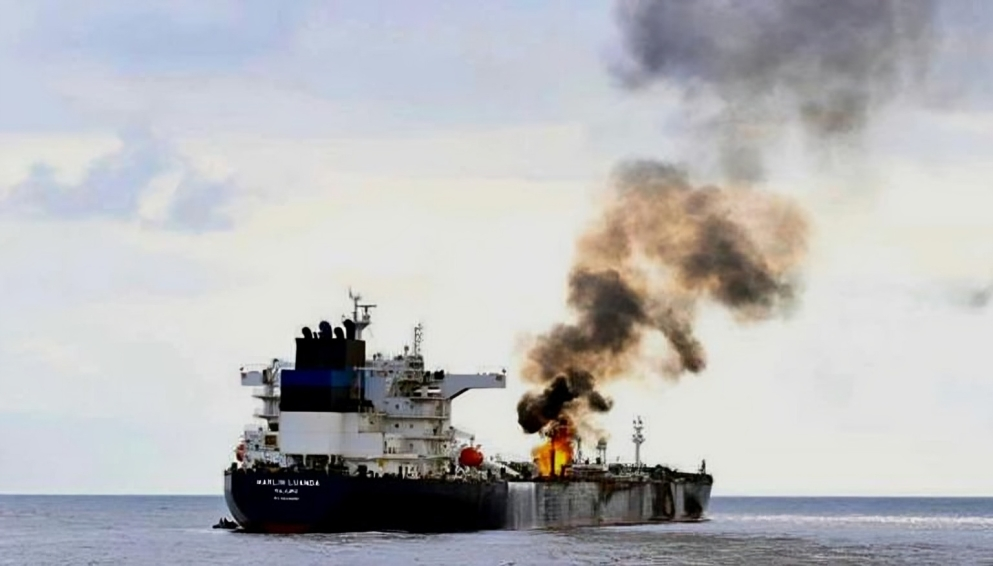
Barran Press
On Wednesday, July 31, 2024, a wave of condemnation from Arab and international nations swept across the globe following the assassination of Ismail Haniyeh, head of Hamas' political bureau, in the Iranian capital Tehran. The incident triggered warnings of a potential escalation of tensions in the Middle East.
Statements and declarations from Russia, China, Turkey, Iran, Qatar, Egypt, Oman, Jordan, Iraq, and Lebanon condemned the assassination, which occurred shortly after Haniyeh attended the inauguration of Iranian President Masoud Bezshkian. Palestinian President Mahmoud Abbas and various Palestinian factions also denounced the act.
A Political Crime
Russian Deputy Foreign Minister Mikhail Bogdanov, quoted by the Russian news agency, stated on Wednesday that Haniyeh's death was "an absolutely unacceptable political crime."
"This is an absolutely unacceptable political murder," Bogdanov told the agency, "and it will lead to further escalation of tensions."
He added that Haniyeh's assassination would have negative repercussions on ceasefire negotiations in Gaza.
Expanding the War
Turkey, on Wednesday, condemned Haniyeh's killing in Tehran, asserting that the attack aimed to expand the war from Gaza to a regional level.
"It is once again clear that the government of (Israeli Prime Minister Benjamin) Netanyahu has no intention of achieving peace," the Turkish Foreign Ministry stated in a press release.
A Cowardly Act
Iranian President Masoud Bezshkian vowed that Tehran would make "the terrorist occupiers" pay for their cowardly act in assassinating Haniyeh.
Official Iranian media quoted Bezshkian as saying that his country would "defend its dignity and territorial integrity."
The spokesperson for Iran's Foreign Ministry, Nasser Kanaani, stated on Wednesday that "Haniyeh's blood will not be shed in vain."
Official Iranian media quoted Kanaani as saying that Haniyeh's assassination in Tehran "will strengthen and deepen the close relationship between Tehran, Palestine, and the resistance."
Hamas and Iran's Revolutionary Guard issued separate statements confirming Haniyeh's death in Tehran on Wednesday, without providing further details.
Call for De-escalation
China's Foreign Ministry, commenting on Haniyeh's death, stated that "China opposes and condemns the assassination." They added that "China always advocates for resolving regional disputes through negotiations and dialogue."
The Chinese Foreign Ministry stressed the necessity of "a ceasefire as soon as possible to avoid further escalation and confrontation."
Fueling the Conflict
Qatar, in a statement from its Foreign Ministry, condemned "in the strongest terms the assassination of Haniyeh in Tehran," deeming it "a heinous crime, a dangerous escalation, and a blatant violation of international and humanitarian law."
The statement emphasized that "this assassination and the Israeli government's reckless targeting of civilians in Gaza will lead the region into chaos and undermine peace prospects."
The Qatari Foreign Ministry reiterated "Qatar's unwavering stance against violence, terrorism, and criminal acts, including political assassinations, regardless of motives or reasons," expressing "Qatar's condolences to the leadership and people of Palestine, to the family of the head of Hamas' political bureau and his personal entourage."
Qatar's Prime Minister and Foreign Minister, Mohammed bin Abdulrahman Al Thani, wrote on X that "the approach of political assassinations and the deliberate escalation against civilians in Gaza at every stage of negotiations raises the question of how negotiations can take place when one party kills the other while negotiating?"
He added that "regional and international peace needs serious partners and an international stance against escalation and disregard for the lives of the people of the region."
A Dangerous Escalation Policy
Egypt, in a statement from its Foreign Ministry, condemned Israel's escalation policy, calling it "dangerous" and warning against "the folly of assassination policies, violating the sovereignty of other countries, and fueling conflict in the region."
Egypt considered that "the coincidence of this regional escalation with the lack of progress in ceasefire negotiations in Gaza further complicates the situation, indicates the absence of Israeli political will for de-escalation, and undermines the strenuous efforts exerted by Egypt and its partners to stop the Gaza war."
Egypt called on "the Security Council and influential international powers to assume their responsibility in halting this dangerous escalation in the Middle East, preventing the security situation in the region from spiraling out of control, and putting an end to the brinkmanship policy."
Oman expressed its strong condemnation and denunciation of Haniyeh's assassination, stating that it was "a blatant violation of international and humanitarian law and a clear undermining of efforts to achieve peace and stability in the region," according to the Omani News Agency.
Jordan, in a statement from its Foreign Ministry, condemned "in the strongest terms the assassination of Ismail Haniyeh," accusing Israel of the act and asserting that it constituted "a violation of international law and international humanitarian law, a crime of escalation that will push towards more tension and chaos in the region."
Jordan stressed the "need for the international community to shoulder its responsibilities and take immediate measures to impose a halt to the Israeli aggression on Gaza and Israel's violations of international law and UN resolutions," expressing "condolences to Palestine and its people, and to the family of Haniyeh and his entourage."
Jordan's Foreign Minister, Ayman Safadi, wrote on X, condemning "in the strongest terms Israel's assassination of Hamas political bureau head Ismail Haniyeh, may God have mercy on him," considering it "a heinous crime and a blatant violation of international law."
Iraq also urged the international community to "assume its responsibilities and take the necessary steps to stop the repeated attacks and violations of state sovereignty."
In Lebanon, Prime Minister Najib Mikati condemned the assassination during an emergency cabinet meeting convened to discuss the Israeli airstrike on Beirut the previous night, which killed two children and two women and injured over 80 others, according to the Lebanese Ministry of Health and the Lebanese Red Cross.
"We strongly condemn the assassination of Ismail Haniyeh, the head of Hamas's political bureau," Mikati said, adding that "this act poses a serious risk of expanding global anxiety and danger in the region," according to the official Lebanese news agency.
Palestinian Authority President Mahmoud Abbas also strongly condemned the killing, calling it a "cowardly act and a dangerous development."
Sami Abu Zuhri, head of Hamas's foreign political department, said, "The assassination of (...) Haniyeh is a major escalation aimed at breaking the will of Hamas and the Palestinian people and achieving illusory goals. We affirm that this escalation will fail to achieve its objectives."
He added, "Hamas is an idea and an institution, not individuals. We will continue on this path, no matter the sacrifices, and we are confident of victory."
Early Wednesday, Hamas announced Haniyeh's assassination following a "treacherous Zionist raid" on his residence in Tehran, where he had attended the inauguration of the new Iranian president the previous day.
Iranian state television also reported Haniyeh's death in Tehran, stating that "an investigation into the assassination is underway and the results will be announced soon."
The Israeli military declined to comment on Haniyeh's assassination, telling Anadolu Agency: "We do not comment on these reports."
Hamas later announced that a public and official funeral for Haniyeh would be held in Tehran on Thursday, before his body would be transferred to Doha for a funeral prayer and burial on Friday.
Since its founding in 1987 to resist the Israeli occupation, Hamas has lost a number of its prominent leaders to Israeli assassinations, including Sheikh Ahmed Yassin (founder), Abdel Aziz Rantisi, Saleh al-Arouri, Ahmed al-Jaabari, and Salah Shehadeh.
Haniyeh's assassination comes as Israel, with US support, wages a war on the Gaza Strip that began on October 7th. The conflict has resulted in over 130,000 Palestinian casualties, most of them children and women, and over 10,000 missing.





